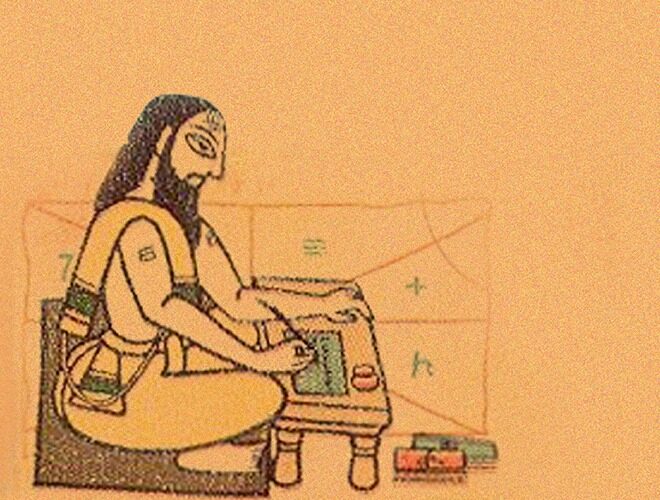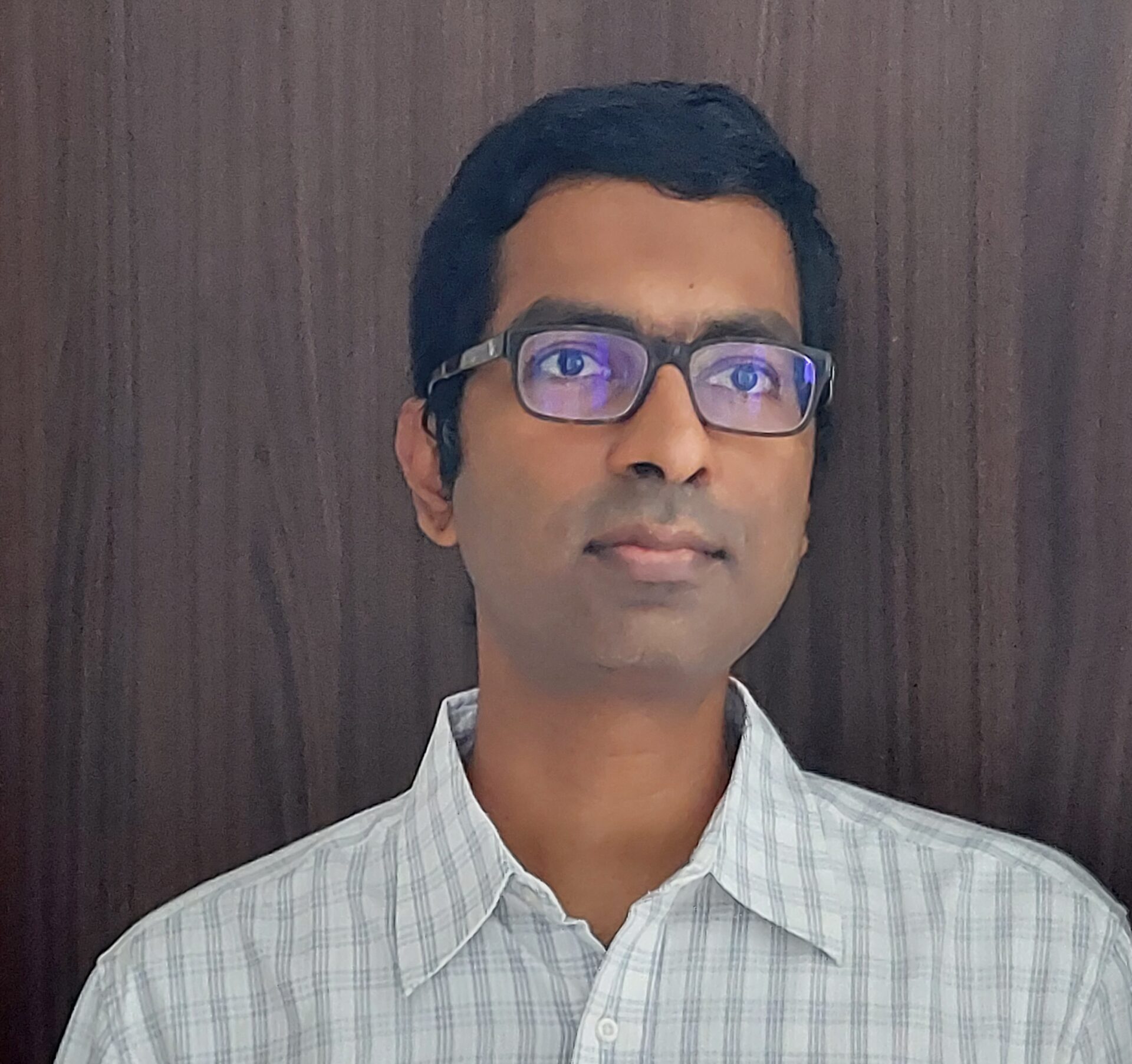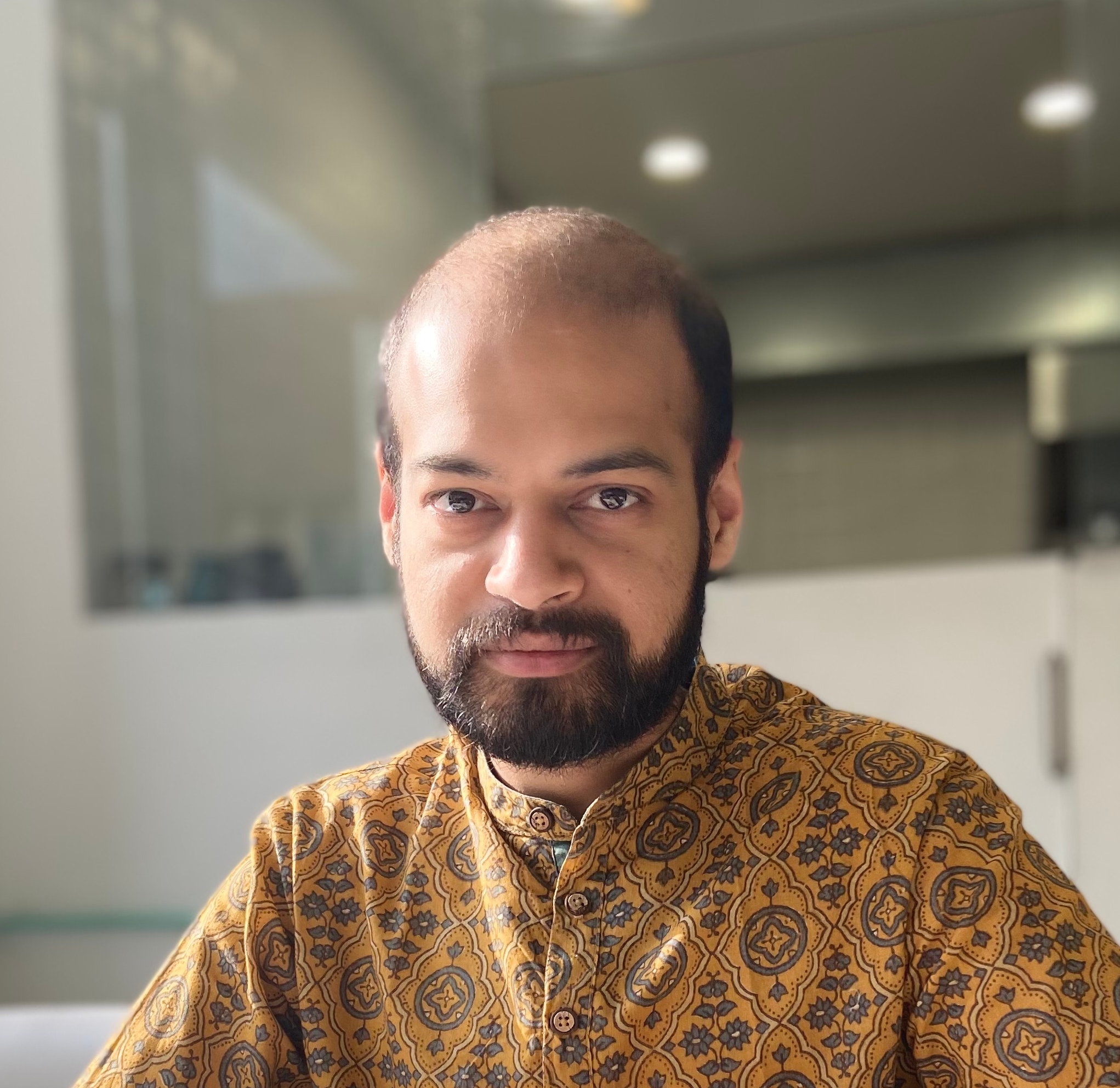Vyākaraṇa arose as the discipline of words, and ever since, has served as the grammar of thought itself. In antiquity, Vyākaraṇa is close to the revelation of the Veda itself. In purpose, it is intended to serve the living Veda as a living organ (Vedāṅga). The organic unity of the Vedāṅga disciplines concerning words, can be seen from the very births of these disciplines. The definitive Vyākaraṇa text, the Aṣtādhyāyī, contains within itself the Dhātupāṭha which also finds application in the Vedāṅga called Nirukta (Etymology). The Aṣtādhyāyī’s author Pāṇini is also the author of an authoritative text of the Vedāṅga called Śikṣā (Phonetics). Sounds and words are central to these Vedāṅga disciplines, and their scope accordingly encompassed everything in the world that sounds and words can identify and express. In how their works on Vyākaraṇa and Nirukta have the world itself as their subject matter, Pāṇini and Yāska can rightly also be counted among the earliest encyclopedists. Later luminaries in Vyākaraṇa such as Patañjali and Bhartṛhari also concerned themselves with the question of how the nature of objects can be truly described in words in a manner intelligible to other persons, thus expanding the scope of Vyākaraṇa well beyond Linguistics into Ontology and Epistemology, and also Psychology.
The Aṣtādhyāyī of Pāṇini remains the abiding gold-standard of the Sūtra format ubiquitous in Śāstra literature, be it geometry in the Śulba-sūtra or the foundational Sūtra texts of the Ṣaḍdarśana schools such as the Nyāyasūtra, Yogasūtra and Brahmasūtra. Though Vyākaraṇa has itself not been named as a school of Philosophy among the Ṣaḍdarśana-s, its indispensability to philosophical inquiry and the study of any Śāstra is extensively acknowledged. A dual foundation for the study of all disciplines, be they in the Natural Sciences or Social Sciences or Arts, is said to comprise of Kāṇāda (i.e. Logic, as formulated in the Nyāya-Vaiśeṣika systems) and Pāṇinīya (i.e. Words, under the discipline of Vyākaraṇa). All textual study is said to require investigation and understanding at the three levels of Pada (words), Vākya (statements) and Pramāṇa (proof), which are respectively the subject matter of the disciplines of Vyākaraṇa, Mīmāṃsā and Nyāya. The utility of Vyākaraṇa as an interpretive tool for Sūtra texts, is on impressive display in the commentarial texts relating to the Nyāyasūtra, Yogasūtra and Brahmasūtra by the polymath Vācaspatimiśra. Competence in Vyākaraṇa remains a prerequisite in the Vākyārtha format of scholastic discussion in any traditional Śāstra. A school of Philosophy outside of the Ṣaḍdarśana-s where Vyākaraṇa has had a uniquely distinct impact, is the Trika school, commonly referred to as the Kāśmīra Śaiva school. A fundamental subject of investigation as well as reverence in the Trika school is Vāk (the potency and phenomenon of Speech) based on the conceptualization in Vyākaraṇa texts like Bhartṛhari’s Vākyapadīya. The polymath Abhinavagupta is a representative of the Trika school, who like Vācaspatimiśra before him, adeptly wielded Vyākaraṇa as a tool of textual interpretation and philosophical inquiry.
In the vast corpus of Sanskrit poetry, the deepest and loftiest of emotions are given utterance with barely any lapse from the order of Chandas (prosody) and of Vyākaraṇa. The Itihāsa-s, namely the Rāmāyaṇa and Mahābhārata, are in a class of their when it comes to their cultural legacy, and also when it comes to how language is used in them. Usages in these epics that apparently depart from the Pāṇinian standard have traditionally been designated as ārṣa-prayoga (usage of the seers) and can in their own right be a complementary source of understanding of the use of language and its effects on human minds. In the world of the epics, practical knowledge of Vyākaraṇa is seen to be prized (as in Rāma’s praise of Hanumān’s gift of speech during their first encounter) and the terminology of Vyākaraṇa is familiar enough to supply metaphors in conversation (as Kṛṣṇa draws on in Bhagavadgītā 10:33). Sanskrit poets from Bhāsa onwards all the way to contemporary āśu-kavi-s (extempore poets) in Sāhitya-avadhāna settings have exercised immense creative freedom in content and style, without the need for the sort of poetic licence that resents or neglects Vyākaraṇa. This simultaneous commitment to the art of poetry and science of grammar is strikingly illustrated in the Bhaṭṭikāvyam, a poetic retelling of the Rāmāyaṇa which also serves the pedagogic function of teaching Vyākaraṇa through carefully designed examples.
Vyākaraṇa has through the ages been the archetypal scholastic endeavour, supplying a template for Śāstra-s to develop their formalisms, and supplying a basis of intelligibility for Kāvya to then expand the scope of expression. The symposium proceeds with to emphasis on Vyākaraṇa as applied in other Śāstra-s and Kāvya after an analysis of some key texts considered pivotal to the study of Vyākaraṇa as a meta-discipline.
:::SCHEDULE:::
| 0930-0935 |
Invocation and Welcome |
Megh Kalyanasundaram |
| 0935-0945 |
Symposium Concept: Vyākaraṇa as a meta-discipline of Indic thought |
Arvind V Iyer |
| 0945-1015 |
Analysis of texts targeted at the study of Vyākaraṇa as a meta-discipline |
Sowmya Krishnapur |
| 1015-1100 |
Vyākaraṇa vis-à-vis Nyāya, Mīmāṃsā and Sāhitya Śāstra-s |
Korada Subrahmanyam |
| 1100-1130 |
The light of Vyākaraṇa in Poetry |
Sharda Narayanan |
| 1130-1200 |
Śabda-Yoga: Role and Significance of Vyākaraṇa for Yoga |
Jayaraman Mahadevan |
| 1200-1230 |
Accessibility of Vyākaraṇa across social classes: clues from Dharmaśāstra, Itihāsa and historical records |
Satyan Sharma |
| 1230-1245 |
Symposium Summary |
Arvind V Iyer |
| 1245-1300 |
Impressions and Closing remarks |
Nagaraj Paturi |
Speakers
Arvind V Iyer
Guest curator and Independent researcher
Arvind V Iyer has a research background in Computational Neuroscience and Biomedical Engineering in areas ranging from decoding of single-neuron responses to analysis of autonomic measures in immersive virtual reality settings. His interests as an independent researcher include Indian languages, appreciation of classical performing arts, and contemplative practices.
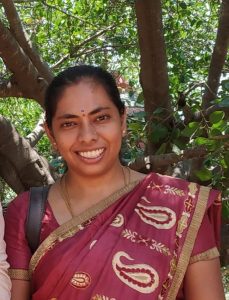
Dr. Sowmya Krishnapur
Chief Linguistic Scholar, Vyoma Labs, Bengaluru
Sowmya Krishnapur has been learning and teaching Sanskrit for more than 20 years. She had her basic training in Sanskrit at the Geetha Govinda Samskrita Sangha, Bangalore, under the guidance of Maataa Vid. Ananthalakshmi Natarajan and Sri Venkatasubramanian. She learnt the Siddhanta Kaumudi from her guru, Vid. Smt. Vijayalakshmi M at Bangalore. She later completed her Acharya (Vyakarana) from the Rashtriya Sanskrit Sansthan, Sringeri, learning from scholars like Dr. Chandrashekhar Bhat, Dr. Narasimha Murthy and Dr. Krishnananta Padmanabha. Sowmya has obtained her Ph.D. (with SRF) in the area of Vyakarana under the guidance of Dr. P Narasimhan (Department of Sanskrit, University of Madras). Sowmya has also learnt the Paushpi Prakriyaa under Dr. Pushpa Dikshit.
She has taught Vyakarana for eight years at the post-graduate level as part of teaching assistance during her Ph.D. programme. She has been teaching through vyoma-samskrta-pathasala for more than ten years, and conducted more than 20 popular courses through this portal. As part of the Geetha Govinda Samskrita Sangha, Bangalore, she has trained children for various simple Sanskrit exams of Surasaraswati Sabha and Bharatiya Vidya Bhavan.
Sowmya is currently the Chief Linguistic Scholar at Vyoma Linguistic Labs Foundation. She has been a part of the organisation since its inception, and has contributed to the development of several multimedia tools for Sanskrit learning produced by the organisation. She has presented research papers in various National and International conferences, and her articles have been published in several journals of repute.
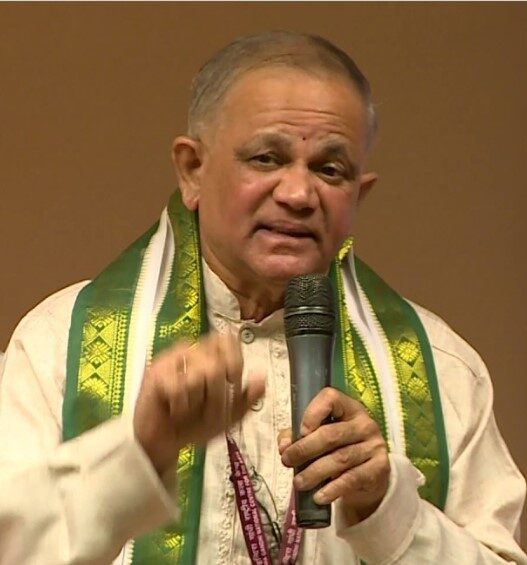
Dr. Korada Subrahmanyam
Professor of Sanskrit (retd.), University of Hyderabad; Adjunct Professor in the Department of Heritage, Science, and Technology, IIT Hyderabad
Mahamahopadhyaya Korada Subrahmanyam (born 1954) is a Sanskrit grammarian and scholar from India. He retired as a Professor of Sanskrit at the Center for Applied Linguistics and Translation Studies (CALTS), University of Hyderabad. Prof. Korada Subrahmanyam was born into a family of Vedic scholars hailing from the Godavari delta region, known as Konaseema. His areas of expertise include the Aṣṭādaśavidyā, Philosophy of Language, and Translation. He is also well versed in Mahābhāṣya, Vākyapadīya, Laghumañjūṣā, Ślokavārtikam and Tantravārtikam. He is also the author of the rare book Theories of Language: Oriental and Occidental. To know more about Dr. Subrahmanyam, see https://koradeeyam.blogspot.com/p/about-me.html. He continues to serve the cause of knowledge even after his retirement, in various ways, including teaching both at his home (Gruha Gurukula) and also currently as an Adjunct Professor in the Department of Heritage, Science, and Technology, IIT Hyderabad.
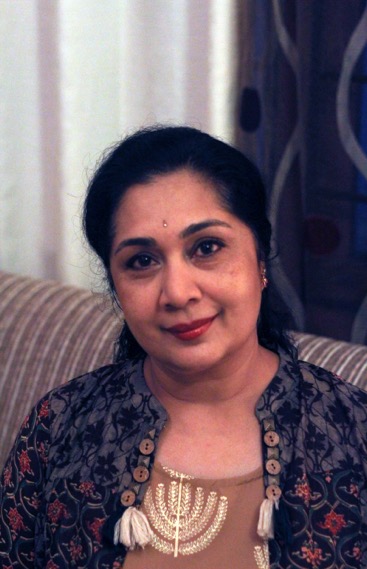
Dr. Sharda Narayanan
Assistant Professor, Department of Natya, Dr. MGR - Janaki College of Arts and Science for Women, Chennai
Sharda Narayanan obtained PhD from JNU for her study of Vakyapadiya which is part of Vyakarana Darshana. She completed M.A. in Sanskrit from Bangalore University, specialising in Sahitya, after M.Sc in Physics. Having begun Sanskrit studies from her school days, she has also completed Sahitya Exams from Sri Chamarajendra Wodeyar Sanskrit College in Bangalore. She has presented research papers in several National and International Seminars and has a number of published papers to her credit. She has authored a number of books in diverse topics, viz, "Sastradipika -Tarka Pada" which is a Mimamsa text, jointly with Mahamahopadhyaya Dr Mani Dravid Sastrigal, complete introduction and translation of Gitagovinda of Jayadeva with Dr Sujatha Mohan and more recently, "Tirumurai: Glimpses into Tamil Saiva Poetry" along with Madhangi Rathnavel. She is currently Assistant Professor in Natya Dept in Dr MGR Janaki College for Women, Chennai, teaching Indian philosophy and Aesthetics and is also completing a project under ICPR on Slokavartika of Kumarila Bhatta.
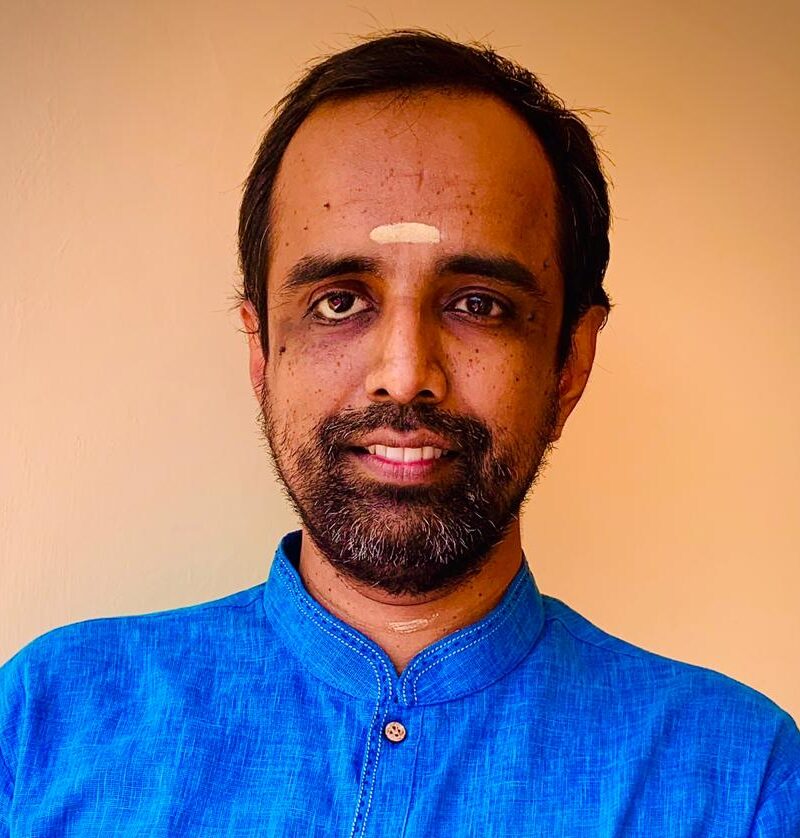
Dr. Jayaraman Mahadevan
Director, Textual Research Division in Yoga, INDICA
Jayaraman Mahadevan holds a PhD in Samskrita from the University of Madras (2006-2010) (Topic: The Doctrine of Tantrayukti – A Study). He underwent traditional Gurukula education, in Vedas (Taittiriya Shakha–Mula) and (Prasthana Traya) Shastras (1998-2005), in Veda Vijnana Gurukulam, Bengaluru, Under Pracarya Kotemane Ramachandra Bhat. He is currently Director of Division of Textual Research in Yoga, Indica Academy. He earlier served as the Director, Research Department, of Krishnamacharya Yoga Mandiram, Chennai, for over a decade (2010-2021). His expertise in the field of Yoga, academics and Research has been recognized and utilised by various academic and research organisations by nominating him to various academic boards and councils including the Traditional Knowledge Digital Library-CSIR, Govt of India (Task force member), Kalakshetra Foundation (Governing Board Member), Ministry of Culture, Govt of India, Chennai. He recently received (2021) Saṃskṛta Grantha Puraskara from Karnataka Sanskrit University for his Sanskrit book Mantra-artha-cintanam. His Tamil translation of the Sanskrit text Hatha Yoga Pradipika was published earlier this year by INDICA.
Satyan Sharma
Guest Faculty at the Department of Sanskrit, Panjab University
Satyan Sharma is a Guest Faculty at the Department of Sanskrit, Panjab University, Chandigarh. His field of specialisation is Darśanaśāstra and he has recently submitted his PhD thesis titled 'A critical study of Ānandajñāna's Tarkasaṅgraha,' which is based on a rare Vedāntic text from the 12th to 13th centuries CE. Dharmaśāstras and the way they were practised during the ancient times is one of his areas of interest, particularly the accessibility of śāstric knowledge across social classes, which will be the focus of his presentation in this symposium.
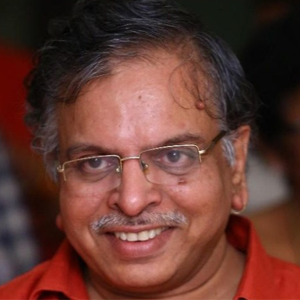
Dr. Nagaraj Paturi
Senior Director & Cheif Curator, INDICA
Trained in Sanskrit and Advaita Vedanta by his hyper-polyglot, polymath and spiritually accomplished sakala-shaastra-paarangata father, late Sri Paturi Sitaramanjaneyulu garu, Dr Nagaraj Paturi is seriously committed to the transmission of Vedic sciences to the present generation. In his PhD thesis (1998, University of Hyderabad), he developed an Indic Model of Myth Criticism of Literature and in his MPhil (1987, University of Hyderabad), he foregrounded Vakyapadiya as the theoretical foundation of the Ashtadhyayi. In addition to over 50 publications and about 60 conference/seminar/workshop papers, Dr Paturi has designed several courses pertaining to the contemporary applications of Vedic Sciences and has been successfully teaching them and getting them taught. Formerly Senior Professor of Cultural Studies FLAME School of Communication (& FLAME School of Liberal Education) and a Visiting Professor, University of Chicago (USA), Dr Paturi is currently Senior Director and Chief Curator at INDICA, a Distinguished Professor, Curriculum Designer, Executive Committee Member, Board of Studies, MIT School of Vedic Sciences (Pune, Maharashtra), Member, Board of Studies at Kavikulaguru Kalidasa Sanskrit University (Ramtek, Maharashtra) and Rashtram School of Public Leadership (Sonipat, Haryana). He is also the Editor-in-Chief of International Journals of Studies in Public Leadership and is a member of the Advisory Council of Veda Vijnana Shodha Samsthanam (Bengaluru, Karnataka). He has provided consultancy to numerous culture research, theatre, and dance innovation projects. He has authored scores of creative writing works for Classical Dance, Modern Theater, and magazines and has delivered several series of talks and other programs on Radio and Television channels.
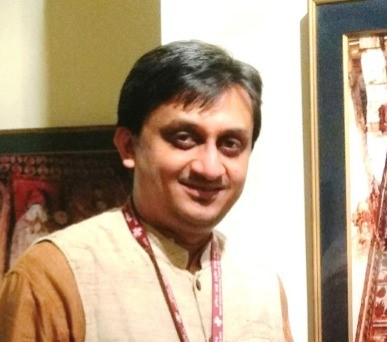
Megh Kalyanasundaram
Director – Special Projects, INDICA
Megh Kalyanasundaram is an Indian citizen with close to nine years of lived experience in China, an alumnus of ISB and is currently Director Special Projects at INDICA. His post-graduate specialization in Strategy, Leadership and Marketing included a study of research methods. His professional experience includes stints as a Market Leader at a Global Fortune 50 firm, as Head of Business Development at a leading Indian talent development multinational and he has served a term on the Board of a Shanghai-based not-for-profit. His academic research interests and 20+ papers span some aspects of ancient Indian chronology, Indian Knowledge Systems, Landscape in Indic texts, Ancient Indian Jurisprudence, Ideas of India and Philosophy. For his creative contribution to the first edition of the International Day of Yoga, he was invited by the Permanent Mission of India in the United Nations to attend the inaugural event at the UN. Other professional and pro-bono pursuits have included building differentiated digital platforms for Indic texts targeted at specific learning and research needs and music. His research-based compositional Sanskrit album 'Bhārata and her Kāśmīra' has been listed by the Indira Gandhi National Center for the Arts (IGNCA) while his subsequent album 'Indian Knowledge Systems and Yāskācārya's Nirukta' has recently been accepted for listing by the Vedic Heritage Portal. In 2022, Megh was invited by the National Museum Institute (NMI) to contribute content for multiple projects currently underway at NMI, including ones on Jammu Kashmir & Ladakh and Kedarnath.

